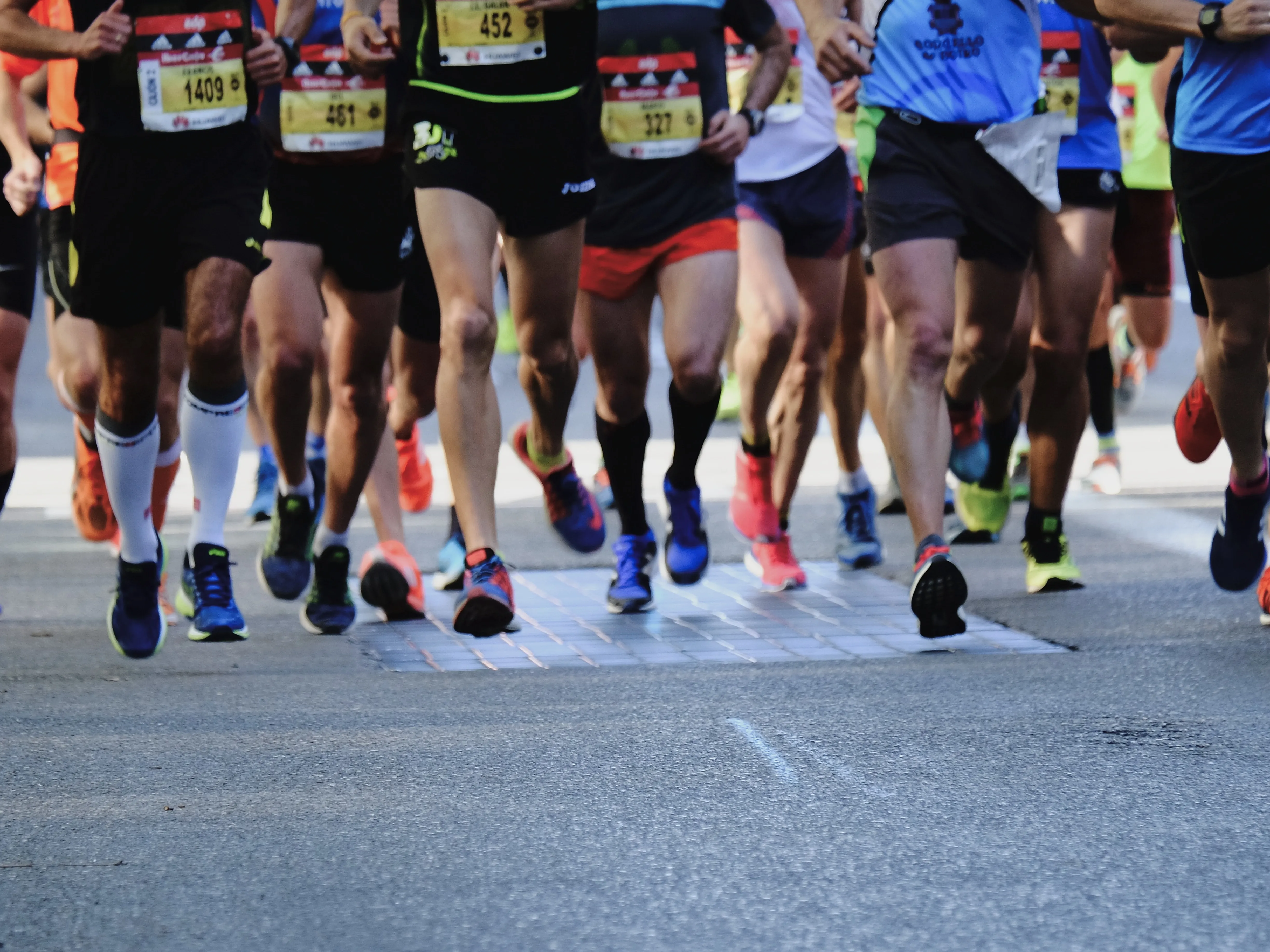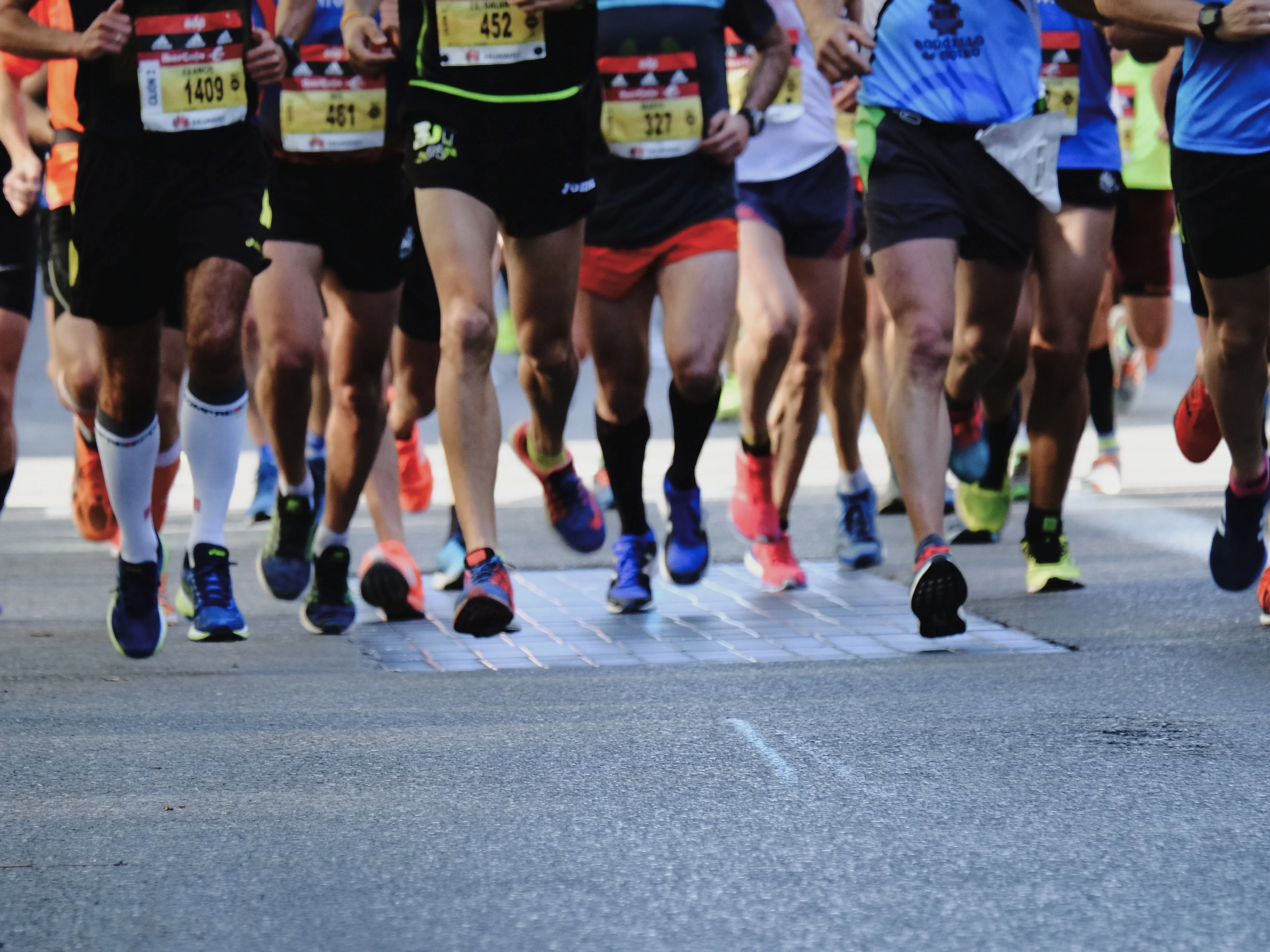
Running a marathon is an immense feat of endurance, determination, and physical fitness. It requires months of dedicated training and careful preparation. In this comprehensive guide, we will walk you through the complete process of training for a marathon, from the early stages of conditioning your body to the final weeks of tapering and race day tactics.
The Basics of Marathon Training
Marathon training can generally be broken down into several key phases: base building, strength training, long runs, speed workouts, and tapering.
- Base building: This is where you gradually build up your weekly mileage, with a focus on easy, aerobic running to condition your body and its energy systems for the challenges ahead.
- Strength training: It includes runner-specific exercises to prevent injuries and improve running economy.
- Long runs: They are the bedrock of marathon training. They condition your body to cope with the demands of running 26.2 miles.
- Speed workouts: These sessions, including intervals and tempo runs, prepare you for the speed needed on race day.
- Tapering: In the final weeks leading up to the race, cut back on total mileage while continuing to perform some quality workouts. Purpose is to allow your body to recover and reach the start line fresh and ready to perform.

Training Plans
There are various types of marathon training plans available. It all depends upon your fitness level, personal goals, and the amount of time you can dedicate to training each week. Some popular marathon training plans include those developed by Hal Higdon, Hansons –Brooks Distance Project, and Runner’s World. Regardless of the method you choose, it should increase gradually in intensity and duration, and always include rest days to allow your body to recover.
Healthy Nutrition
Food is your fuel, so choosing the right foods during your training is critical. Carbohydrates are your energy source during long runs, protein helps with recovery and muscle repair, and healthy fats provide necessary vitamins and minerals. Hydrate properly. It is important not just on long runs or intense workouts, but throughout the day as well.
The Right Gear
Investing in the right gear is crucial. Good running shoes and socks can prevent blisters and injuries, and technical fabric clothing can make long runs much more comfortable. Choose gear that fits well and suits the weather and conditions in which you’ll be running.
Mindset
Marathon training is physically demanding but it’s also largely a mental game. Learning how to persevere through tough training runs, overcoming doubts and fears, and staying motivated over the months of training are key to achieving your marathon goals.
Conclusion
Training for a marathon can be an incredible journey. It requires dedication, determination, and hard work, but crossing the finish line is an experience like no other. With a good training plan, a balanced diet, the right gear, and a positive mindset, you’ll be well on your way to completing your first, or fastest, marathon!




